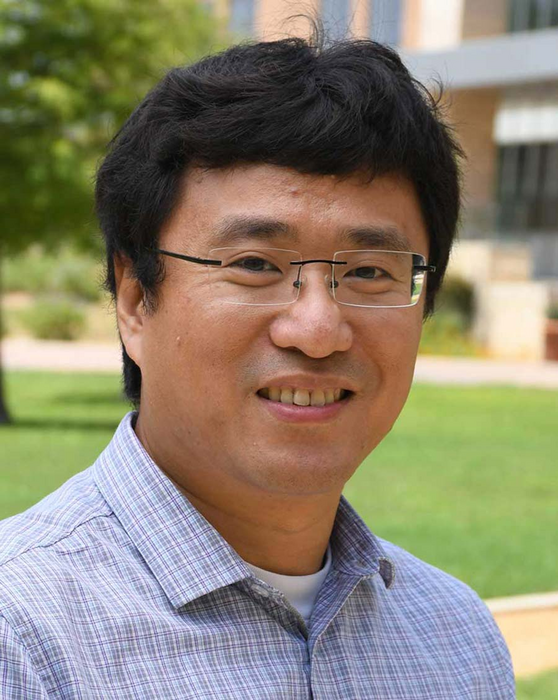A University of Texas at Arlington computer science engineer will advance and integrate powerful deep-learning methods and tools to pinpoint types of Alzheimer’s disease-related dementias (ADRD), which in turn could help the medical community better treat those diseases.

Credit: UT Arlington
A University of Texas at Arlington computer science engineer will advance and integrate powerful deep-learning methods and tools to pinpoint types of Alzheimer’s disease-related dementias (ADRD), which in turn could help the medical community better treat those diseases.
Dajiang Zhu, assistant professor in the Department of Computer Science and Engineering, will lead a five-year, $2.86 million project supported by the National Institute of Neurological Disorders and Stroke (NINDS). Zhu will collaborate with researchers at the University of North Carolina–Chapel Hill and University of Georgia to focus on developing a deep-learning model for ADRD analysis.
As the two most common types of dementia, Alzheimer’s disease and Lewy body dementias (LBD) account for 65% to 85% of individuals with dementia nationwide, or about 7.5 million people.
Zhu said there are important differences in identifying whether a patient has Alzheimer’s disease or LBD. Those differences can greatly impact the type of treatment that is prescribed to them. However, differentiation between Alzheimer’s and LBD is challenging due to both mixed pathologies and clinical symptoms.
“In this project, we will discover, define and represent individual GyralNets—a computational model that integrates both deep-learning methods and neuroimaging markers—to characterize the Alzheimer’s/LBD-related abnormalities for individual patients,” Zhu said.
He added that the project ultimately will assemble, map and analyze large-scale brain data for practical clinical settings.
“Eventually, we want to characterize and summarize deep relationships within the brain that will lead to improving the prediction capability between Alzheimer’s and LBD,” Zhu said. “We believe that earlier recognition of which specific disease is present can lead to better outcomes through better treatment for those patients.”
Hong Jiang, the Wendell H. Nedderman Endowed Professor and chair of the Department of Computer Science and Engineering, said Zhu’s research has the potential for significant impact.
“Taking all the data that can be accumulated and using it in a way that will help society and people suffering from these diseases is monumental,” Jiang said. “It represents what university research is all about.”




